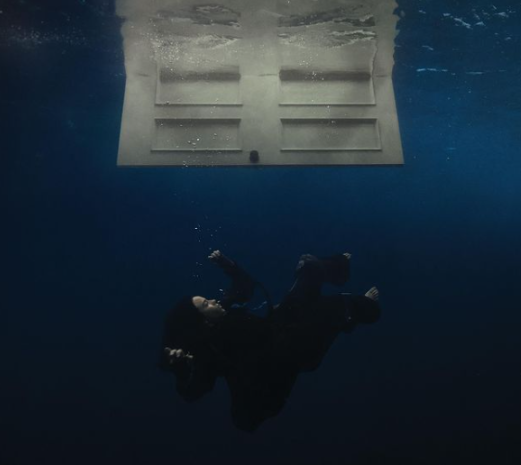This summer, the Ice Bucket Challenge to cure Amyotrophic lateral sclerosis, or ALS, was an Internet epidemic, spreading over every social network in a matter of weeks. Although the challenge accomplished what it was set out to do: raise funds and awareness, many people did it for misguided reasons.
Many of those who participated in the challenge did not donate to the ALS Foundation, only completing the challenge because of peer pressure, for enjoyment or to show off their summer bodies by wearing swimsuits.
With so many people taking advantage of the challenge for the wrong reasons, the good intention behind the challenge plummeted.
While the ALS Ice Bucket Challenge is for a worthy cause, the money raised by it will not further ALS research to a measurable extent. Research to find a cure for a neurodegenerative disease, like ALS, is exorbitantly costly, with no promises of any significant advances.
According to an August 2014 NBC News article, the money raised by the ALS Foundation is no more than a “figurative drop in the bucket compared to U.S. government funding [of the foundation].”
Given that any significant breakthrough in ALS research will require billions of dollars, the ALS Ice Bucket Challenge is futile because it has raised very little compared to the amount of money needed to research a possible cure.
There is greater societal benefit in people donating to a cause which can convert smaller sums of money into something tangible. Those who want to help advance ALS research should lobby larger organizations like the Bill and Melinda Gates Foundation and the National Institutes of Health (NIH) to further support ALS research. If these organizations develop a greater commitment to ALS, they are far more likely than individual donors to make visible improvements in perplexing areas of research.
Moreover, there are several diseases as severe as ALS that affect more people and are more widely understood. Donating to charities that support research for these far more prevalent diseases makes more sense because they are able to better utilize smaller sums of money.
According to a 2014 Center for Disease Control (CDC) study, ALS, in comparison to other medical conditions, kills the least number of Americans annually, approximately 7,000, yet it raises the third highest amount of money. On the other hand, diabetes, which leads to 75,000 Americans deaths annually, only raises $4 million, the least amount for any medical condition.
According to an August 2014 Slate article, donating to “disease-specific” charities is “peculiarly ineffective” because there is no guarantee that the money will lead to promising outcomes. This is not to say that individuals should abandon their commitment to supporting ALS charities, but should reevaluate their donations to ALS.
Advocates of the ALS Ice Bucket Challenge claim that it raises awareness. While this is true, it is actually more important to raise awareness about the fact that rampant diseases like diabetes generate barely any money.













